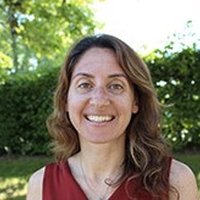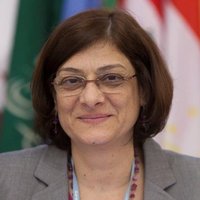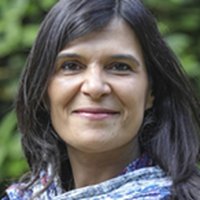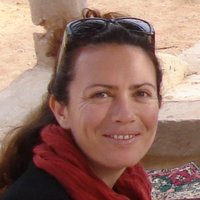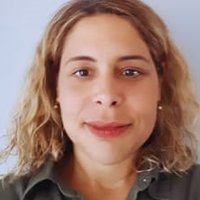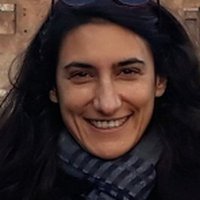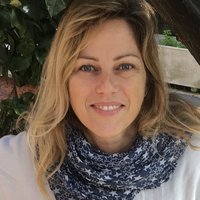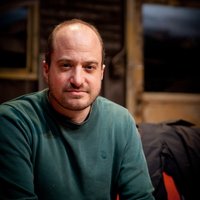Nutrition & Food Systems (Archived on 2022-10-24 12:45:46)
- Duration: 5 weeks
- Effort: 25 hours
- Pace: ~5 hours/week
- Languages: English and french
What you will learn
At the end of this course, you will be able to:
The overall objective of this course is to apply a systems-thinking approach to issues of food security and nutrition, thus contributing to a transformation of food systems towards more sustainable, equitable and healthy diets.
At the end of this MOOC, you will be able to:
- Explain how food systems shape peoples’ diets, and affect their nutritional and health status and the socio-economic development of countries.
- Describe the linkages and impact pathways among food systems, nutrition, agriculture and food.
- Distinguish between linear approaches and a food systems approach to promote healthy diets and address malnutrition.
- Advocate for a multisectoral and multidisciplinary food-systems approach for promoting healthy diets and to address malnutrition.
- Contribute to the design of actions and programmes for sustainable food systems that promote healthy diets and address malnutrition drawing on lessons learned in different countries and contexts.
Description
This MOOC is designed for people involved in the design, implementation, monitoring and evaluation of nutrition-sensitive food systems and agriculture policies and programmes, policy and decision-makers.
It can also be of interest to students, specialists and professionals working in the areas of food systems, nutrition, agriculture, forestry and fisheries who may be seeking to obtain the “Nutrition and Food Systems” certificate.
This MOOC was designed and developed by the Food and Agriculture Organization of the United Nations (FAO) and Agreenium (Institut Agro Montpellier et Cirad), and funded by the German Federal Ministry of Food and Agriculture (2021 first edition), the Université Virtuelle Environnement et Développement Durable (UVED) and Montpellier Université d'excellence (Muse).
The MOOC on Nutrition and Food Systems is fully aligned with the Sustainable Development Goals Agenda 2030 (SDGs).
Format
The course runs over five weeks and starts on Friday 06/05/2022, and it requires about 5 hours’ average time commitment per week.
Learning will be progressive. Each week you will have access to new modules. Once the module is open, materials and activities will remain available to allow participants to organize daily schedule at their convenience.
Please note that all module and live webinar opening times refer to universal time, CUT (e.g. for France, it is CUT+1).
Use this site to find out your time difference: https://www.worldtimeserver.com/
Prerequisites
This MOOC does not require any particular prerequisites.
Target audience:
- curious people who want to learn about nutrition and food systems: no prerequisites required
- professionals who want to acquire skills: a flexible system and content based on the latest research and development
- students who want to learn: from scientific basics to operational implementation
- enthusiasts who want to share their knowledge and learn from others: a unique opportunity for exchange with a wide range of learners
Assessment and certification
Quizzes within the units are not graded. At the end of each week of learning, participants will be offered to pass a graded test which will be available each week. There will be a total of 5 weekly tests, each covering the content of the corresponding Units of the related week.
By passing all 5 weekly tests with a minimum score of 70% of correct answers each, the certificate will be granted and participants will have the possibility to download it in .pdf format.
Only students who participate actively and pass the tests of each week, will be granted the final certificate, which attests the acquisition of competencies related to the MOOC.
Course plan
- Unit 1: INTRODUCTION
What this course is for? - Unit 2: HOW DID WE GET THERE?
75 years of food and nutrition policies - Unit 3: THE FOOD SYSTEM
Dimensions, drivers, outcomes, complexity
- Unit 4: A MULTIDIMENSIONAL LENS
Case studies addressing multiple dimensions of the food system - Unit 5: PATHWAYS, LEVERS, OUTCOMES
Making the food system work for better results
- Unit 6: CONSUMERS
Supporting consumers to change their behaviour - Unit 7: THE FOOD ENVIRONMENT
Systems approaches to the food environment
- Unit 8: PRODUCTION AND SUPPLY
Systems approaches to food production and supply - Unit 9: FROM DATA ... TO IMPACT
Tools for gathering information and making decisions
- Unit 10: POLICIES AND GOVERNANCE
Lessons for policy, strategy and programmes
Course team
Nicolas Bricas
Categories
Patrizia Fracassi
Categories
Sylvie Avallone
Categories
Florence Tartanac
Categories
Fatima Hachem
Categories
Israel Klug
Categories
Ana Islas Ramos
Categories
Cristina Petracchi
Categories
Philippe Prevost
Categories
Bianca Carlesi
Categories
Chiara Deligia
Categories
Sara Ferrante
Categories
Julien Rose
Categories
Organizations
Partners
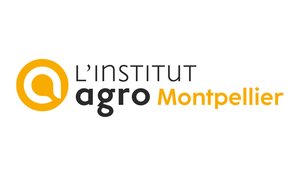
Institut Agro Montpellier
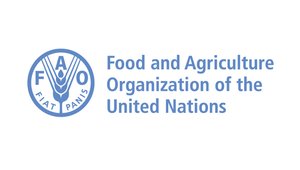
Food and Agriculture Organization of the United Nations
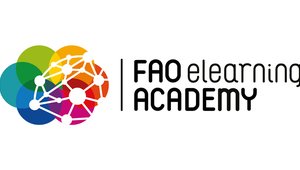
FAO Elearning Academy
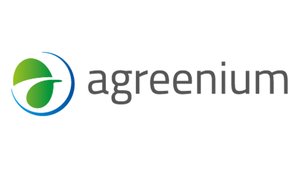
Agreenium
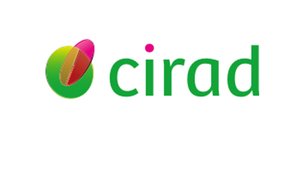
Cirad
Financial support
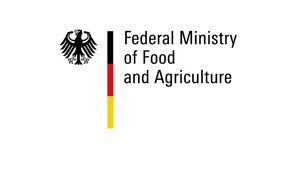
Federal Ministry of Food and Agriculture
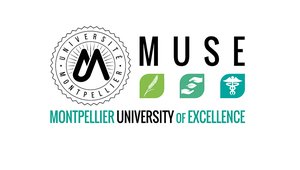
Muse (Montpellier University of Excellence)
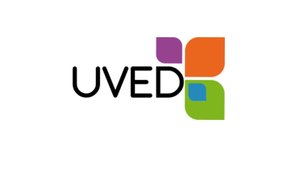
Uved (Université Virtuelle Environnement et Développement durable)
License
License for the course content

Attribution-NonCommercial-ShareAlike
You are free to:
- Share — copy and redistribute the material in any medium or format
- Adapt — remix, transform, and build upon the material
Under the following terms:
- Attribution — You must give appropriate credit, provide a link to the license, and indicate if changes were made. You may do so in any reasonable manner, but not in any way that suggests the licensor endorses you or your use.
- NonCommercial — You may not use the material for commercial purposes.
- ShareAlike — If you remix, transform, or build upon the material, you must distribute your contributions under the same license as the original.
License for the content created by course participants

Attribution-NonCommercial-ShareAlike
You are free to:
- Share — copy and redistribute the material in any medium or format
- Adapt — remix, transform, and build upon the material
Under the following terms:
- Attribution — You must give appropriate credit, provide a link to the license, and indicate if changes were made. You may do so in any reasonable manner, but not in any way that suggests the licensor endorses you or your use.
- NonCommercial — You may not use the material for commercial purposes.
- ShareAlike — If you remix, transform, or build upon the material, you must distribute your contributions under the same license as the original.



